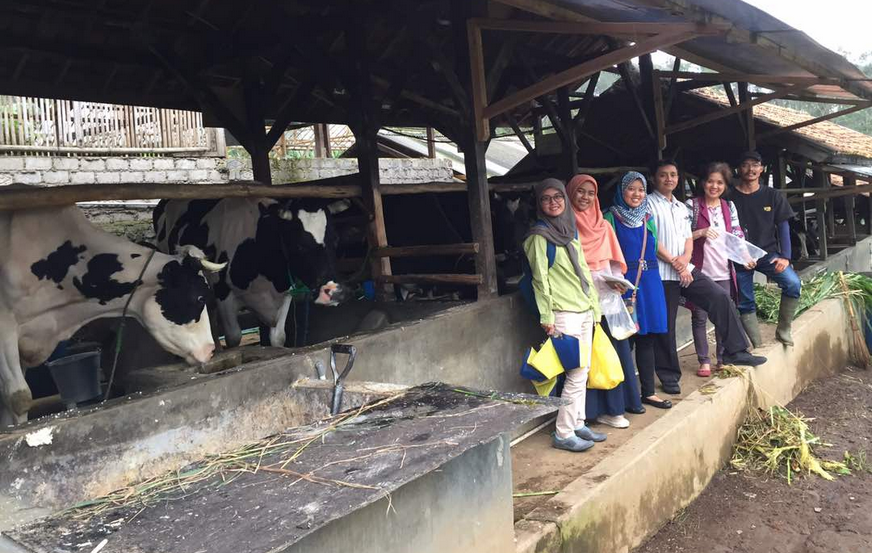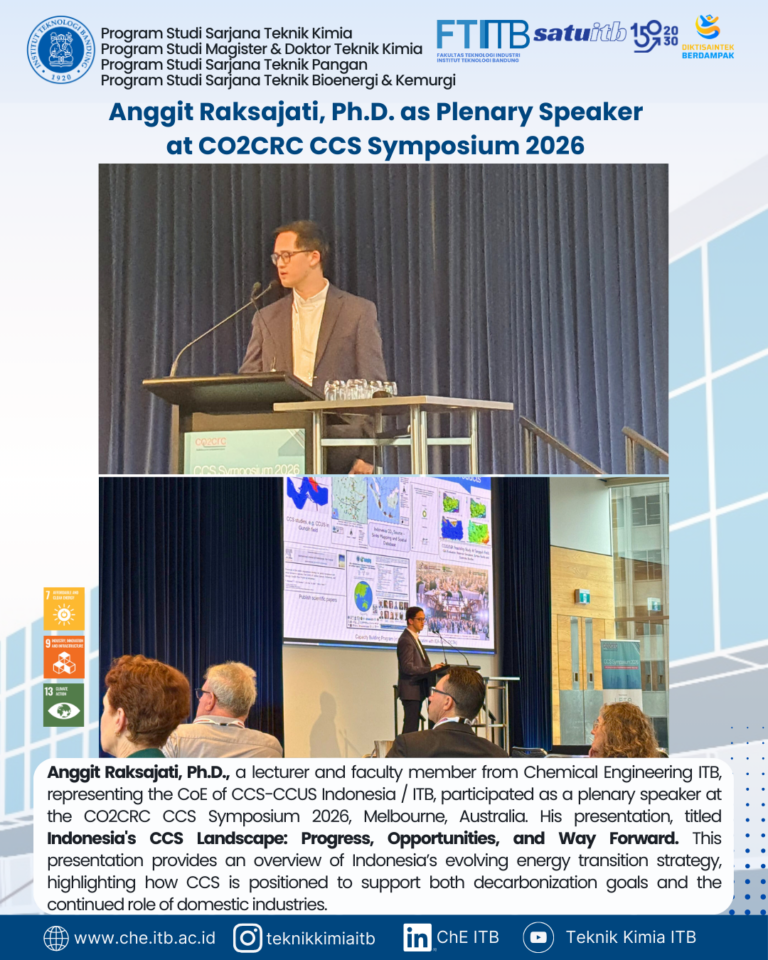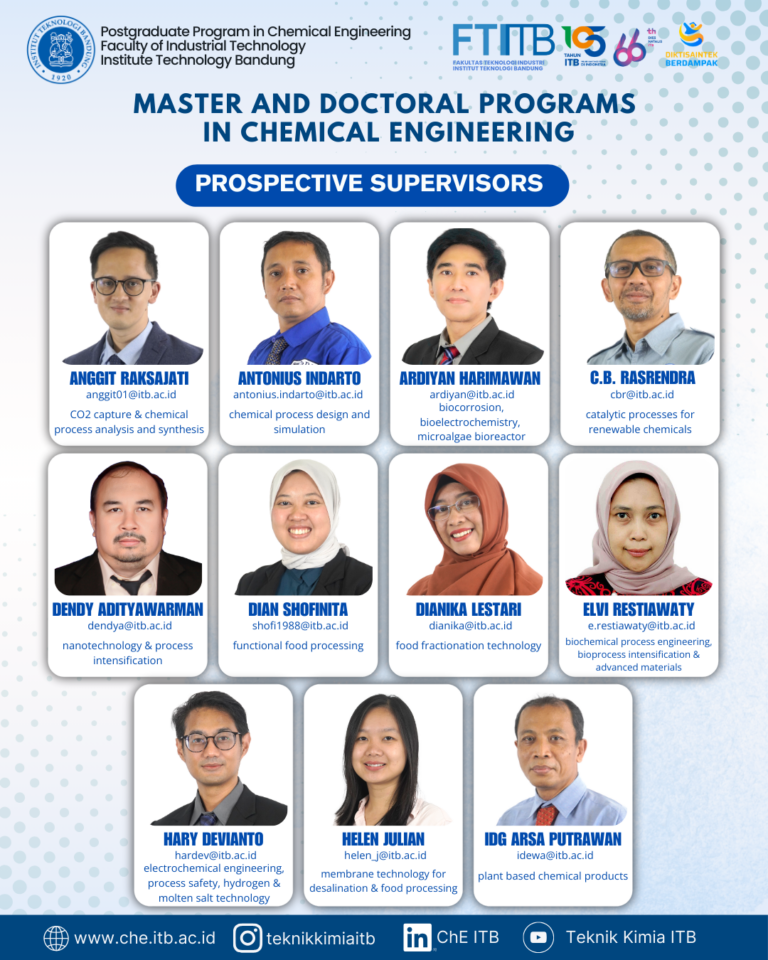
Palm Fatty Acid Distillate (PFAD) is a by-product of refining palm oil, containing around 80% free fatty acids. As the largest palm oil producer in the world, Indonesia produces PFAD with not a small amount, but most of the products are only exported without further processing. Even though the fatty acid content is high, PFAD can be used as raw material in various industries, one of which is the feed industry.
Calcium soap is a supplement for ruminants, especially dairy cows, which are obtained from the reaction between fatty acids and limestone. This type of feed is quite well known in several countries such as America and England, but it is not commonly used in Indonesia. The combination of fat and calcium content in these feeds has been shown to provide many benefits such as increasing milk production and fertility in cattle.
When viewed from the availability of abundant raw materials and the benefits offered, the calcium soap production technology has the potential to be developed in Indonesia. In addition to being able to support the livestock sector, calcium soap production will also help the industrial sector in increasing PFAD’s selling value and meeting domestic milk needs by local dairy cows. At present Indonesia is only able to meet 23% of domestic milk needs, while the Ministry of Industry targets in 2025 these needs can be met up to 60%.
Currently, research related to the development of calcium soap production technology is being carried out by a team led by Dr. Lienda A. Handojo from the Chemical Engineering Study Program, Bandung Institute of Technology, collaborated with the Indonesian Palm Oil Fund Management Agency since 2016. This research has gone through several stages, starting from determining operating conditions at the lab scale, product characterization, testing in vivo to local dairy cows, to the development of production scale. In direct testing to cattle, it was found that after administration of calcium soap for 90 days, cow milk production increased by 16%. The development of production technology on a pilot scale is the main focus of the team at this time. If this stage has been successful, production technology is ready to be implemented into an industry and products can be commercialized.



